What Is The Giving Pledge and Who Has Committed To It?
In 2010, Bill and Melinda Gates, partnering with Warren Buffet, announced The Giving Pledge. The initiative joined together 40 of the world’s wealthiest people in a commitment to donate at least 50% of their wealth upon their death or throughout their lifetime with the goal of using that money to support some of the world’s most pressing challenges.
Bill and Melinda Gates first thought of The Giving Pledge after having numerous conversations with philanthropists about setting a new standard for giving among the uber-wealthy. The concept is seemingly simple: an open invitation to billionaires, or anyone who wants to become a philanthropist, to publicly commit to a humane goal which millions of people at all income levels give back to regularly, and sometimes at great personal sacrifice.
The pledge was envisioned as a multi-generational effort, aiming to help shift social norms surrounding philanthropy among the world’s wealthiest over time. It allows them to establish their giving plans sooner and makes them more effective.
Many who have joined the Giving Pledge start by writing an open letter explaining why they wish to participate deeply and publicly in philanthropy, describing the causes that move and motivate them. Those who sign on fund a variety of issues including, but not limited to: refugee aid, global health, poverty alleviation, education, female empowerment, medical research, criminal justice reform, environmental sustainability, and arts and culture.
Originally, the Giving Pledge was focused on the United States, but it soon expanded as philanthropists from across the globe became interested in the pledge. By February 2013, the pledge had signed on members from the United Kingdom, Australia, India, South Africa, Germany, Malaysia, Russia and Ukraine.
Currently, the Giving Pledge includes over 200 of the world’s wealthiest people, couples and families, encompassing age groups from the 30s to 90s, from countries from all areas of the world, including China, Brazil, Cyprus, Canada and Tanzania, Monaco, Norway, Saudia Arabia and more. The list includes Elon Musk, Mackenzie Scott and Bill Ackman.
According to the official website, joining the Giving Pledge means staying dedicated to the principles of philanthropy and becoming an active member in an energized community to discuss challenges, failures and successes on how to remain proactive and be the most effective in their giving. A unifying factor is the shared commitment to learning and giving, with the Giving Pledge foundation’s team fostering opportunities for signatories to gather throughout the year and learn from experts on how to best use their money to help address some of the world’s most difficult challenges through philanthropy.
For example, Warren Buffet (the most charitable person in the world), has committed to gradually donate all of his Berkshire Hathaway stock to philanthropic foundations. In July 2020, it was announced that he donated $2.9 billion of stock to nonprofit organizations.
In his first TV interview about the Giving Pledge, Bill Gates has said: “It’s kind of the best of capitalism,” noting that people who had made a lot of money can use their wealth to “create good circumstances for other people.’”
A decade later, eleven of the 62 living signers who were billionaires in 2010 have seen their wealth decline because of “aggressive” charitable giving or market changes, the Institute for Policy Studies found. Thus far, over $500 billion has been pledged to charities.
Critics argue that it’s taking too long for the uber-wealthy to donate to charity amidst major social upheaval. But while some members have taken their time to give to charity, experts note that giving to charity in the right ways takes serious time and consideration on how to do it the most effectively.
Avery Fontaine, head of Strategic Philanthropy for BNY Mellon Wealth Management, says, “Giving away money well is very hard. It seems like the greatest job in the world. It’s incredibly stressful.”
Fontaine added, “That sounds like an ‘Oh, poor me,’ type thing to say for any wealthy person,” but she noted to MarketWatch that many donors feel personally responsible for the success or failure of the endeavors they fund.
However, in the coming years, billions more are anticipated to be donated to the charities, especially those that demand the most in trying times. For many, The Giving Pledge serves as a beacon of responsibility and well-being and, with its prestige, should help guide inspire of extraordinary means to give back.

